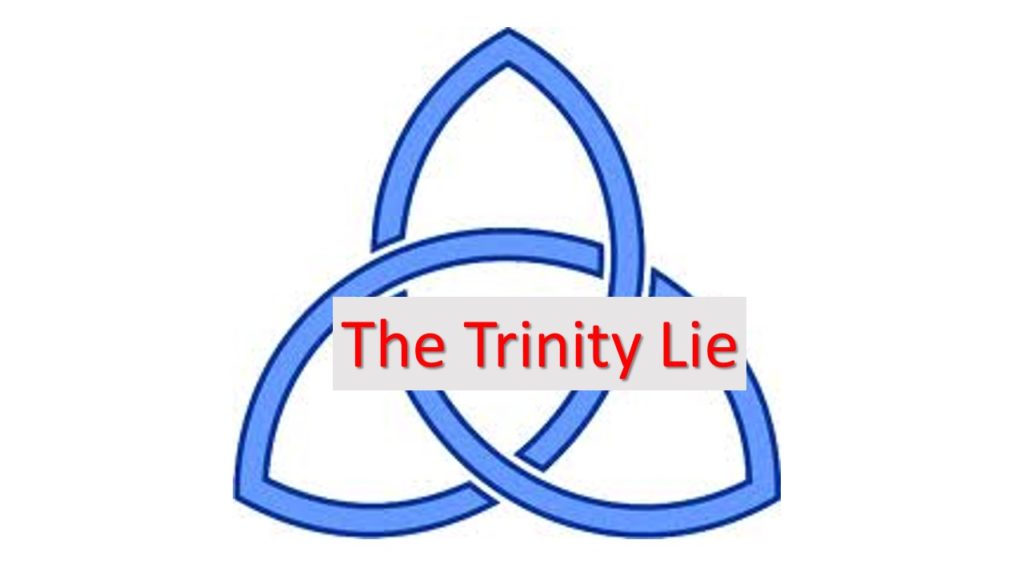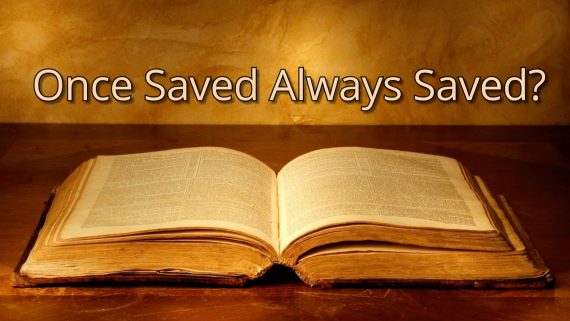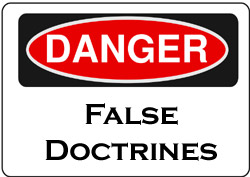Is Jesus Christ God, or Part of a Trinity, in Philemon?

Is the Trinity in the book of Philemon?
“For love’s sake I prefer to appeal to you–I, Paul, an old man and now a prisoner also for Christ Jesus”—Philemon 1:9 ESV
In this very short New Testament book of only 25 verses, Jesus Christ is specifically mentioned eight times, God two times, and the holy Spirit is not mentioned at all. In such a brief letter, only so much can be discussed, of course, so the holy Spirit’s omission is not surprising. This is especially so when we consider that the letter’s subject matter is not primarily doctrinal, but, instead, focuses on the relationship of the wealthy Christian Philemon with his runaway slave Onesimus, whom the apostle Paul in Rome has recently converted to Christianity, and is sending him back to Philemon in Colossae with this letter, appealing to Philemon to do the right thing (Philemon 1:10-21).
 is true. However, the Trinity doctrine goes far beyond acknowledging the existence of God, Jesus, and the Holy Spirit. What exactly is the Trinity doctrine? A very good, concise, definition by a devoted Trinitarian expert is:
is true. However, the Trinity doctrine goes far beyond acknowledging the existence of God, Jesus, and the Holy Spirit. What exactly is the Trinity doctrine? A very good, concise, definition by a devoted Trinitarian expert is:
 The book of Jude was written by Jesus’ half brother Jude some three decades after the start of Christianity. At this stage, we would expects to find some mention of the doctrine of the Trinity, if it is true. But, just like the rest of the scriptures, there is no mention of a Trinity in Jude.
The book of Jude was written by Jesus’ half brother Jude some three decades after the start of Christianity. At this stage, we would expects to find some mention of the doctrine of the Trinity, if it is true. But, just like the rest of the scriptures, there is no mention of a Trinity in Jude.


